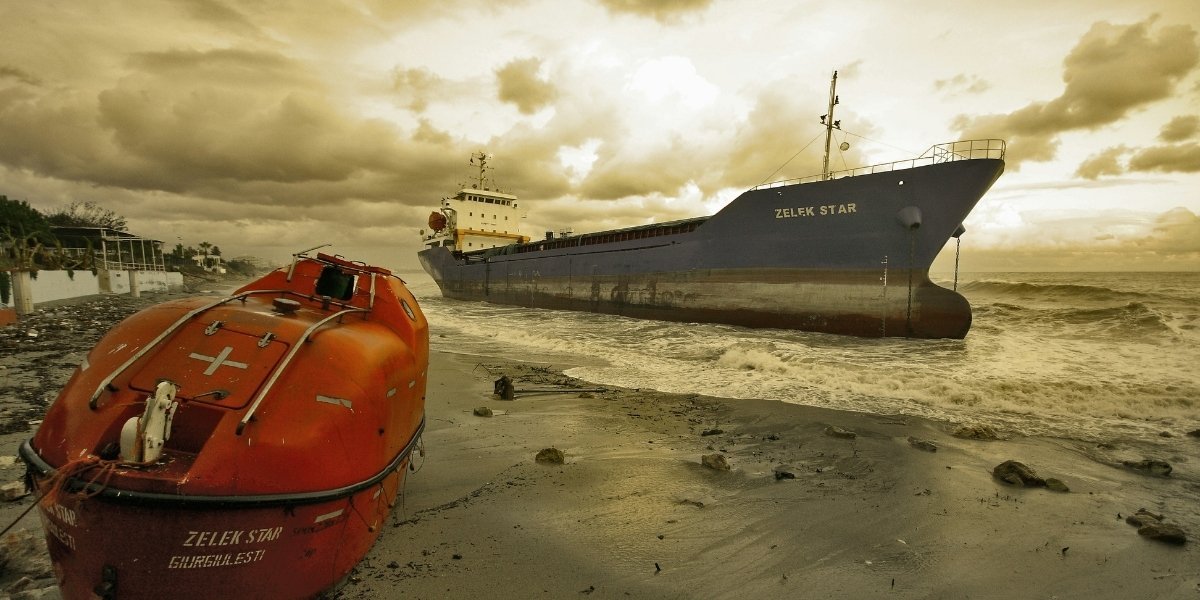Politics and tourism are two seemingly disparate realms, but their interplay can have a profound impact on each other. The decisions made by politicians and governments can shape the tourism industry in significant ways, influencing everything from travel policies and regulations to destination perception and visitor behavior. In this article, we’ll delve into how politics influence tourism and examine the implications for travelers, businesses, and destinations around the world.
Travel Policies and Regulations
One of the most direct ways in which politics influence tourism is through the formulation and implementation of travel policies and regulations. Governments have the power to impose visa requirements, entry restrictions, and travel advisories, which can either facilitate or hinder travel to a particular destination. For example, a country that relaxes visa requirements and introduces incentives for foreign visitors may experience a surge in tourism, while a destination that imposes stringent entry restrictions or travel warnings may see a decline in visitor numbers.
Economic Stability and Investment
Political stability and economic conditions also play a crucial role in shaping tourism trends and patterns. Countries that experience political instability, civil unrest, or economic turmoil may struggle to attract tourists due to safety concerns and perceptions of risk. Conversely, destinations that are perceived as safe, stable, and economically prosperous are more likely to attract investment in tourism infrastructure and experience sustained growth in visitor arrivals.
Image and Perception
The political climate of a destination can also impact its image and perception among potential travelers. Negative media coverage, diplomatic tensions, or controversial government policies can tarnish a destination’s reputation and deter tourists from visiting. On the other hand, effective marketing campaigns, positive political developments, and initiatives to promote cultural exchange and diversity can enhance a destination’s appeal and attract new visitors.
International Relations and Diplomacy
International relations and diplomatic initiatives can also influence tourism flows between countries. Bilateral agreements, diplomatic ties, and cultural exchange programs can facilitate travel and foster cross-border cooperation in tourism promotion and development. Conversely, strained diplomatic relations or geopolitical tensions may lead to travel restrictions, visa suspensions, or boycotts, impacting tourism exchanges and visitor numbers.
Environmental and Sustainability Policies
Political decisions related to environmental protection and sustainability can also have significant implications for tourism. Policies aimed at preserving natural resources, conserving biodiversity, and mitigating climate change can enhance the attractiveness of destinations and promote eco-friendly tourism practices. Conversely, lax environmental regulations, overdevelopment, and pollution can degrade natural habitats, diminish scenic beauty, and deter eco-conscious travelers.
Crisis Management and Resilience
In times of crisis or emergency, political leadership and governance play a crucial role in managing the impact on tourism and ensuring the resilience of the industry. Effective crisis management strategies, transparent communication, and timely interventions can help mitigate the effects of natural disasters, pandemics, terrorist attacks, or other unforeseen events on tourism destinations and businesses.
Tourism and Politics in Tandem
In conclusion, politics and tourism are intertwined in complex and multifaceted ways, with political decisions and developments exerting a significant influence on the tourism industry. From travel policies and regulations to economic stability, image perception, and international relations, politics shape the opportunities and challenges facing destinations and businesses in the global tourism landscape. By understanding the connections between politics and tourism and proactively addressing issues of governance, sustainability, and crisis management, stakeholders can work together to create a more resilient, inclusive, and sustainable tourism sector for the benefit of travelers, communities, and economies worldwide.








